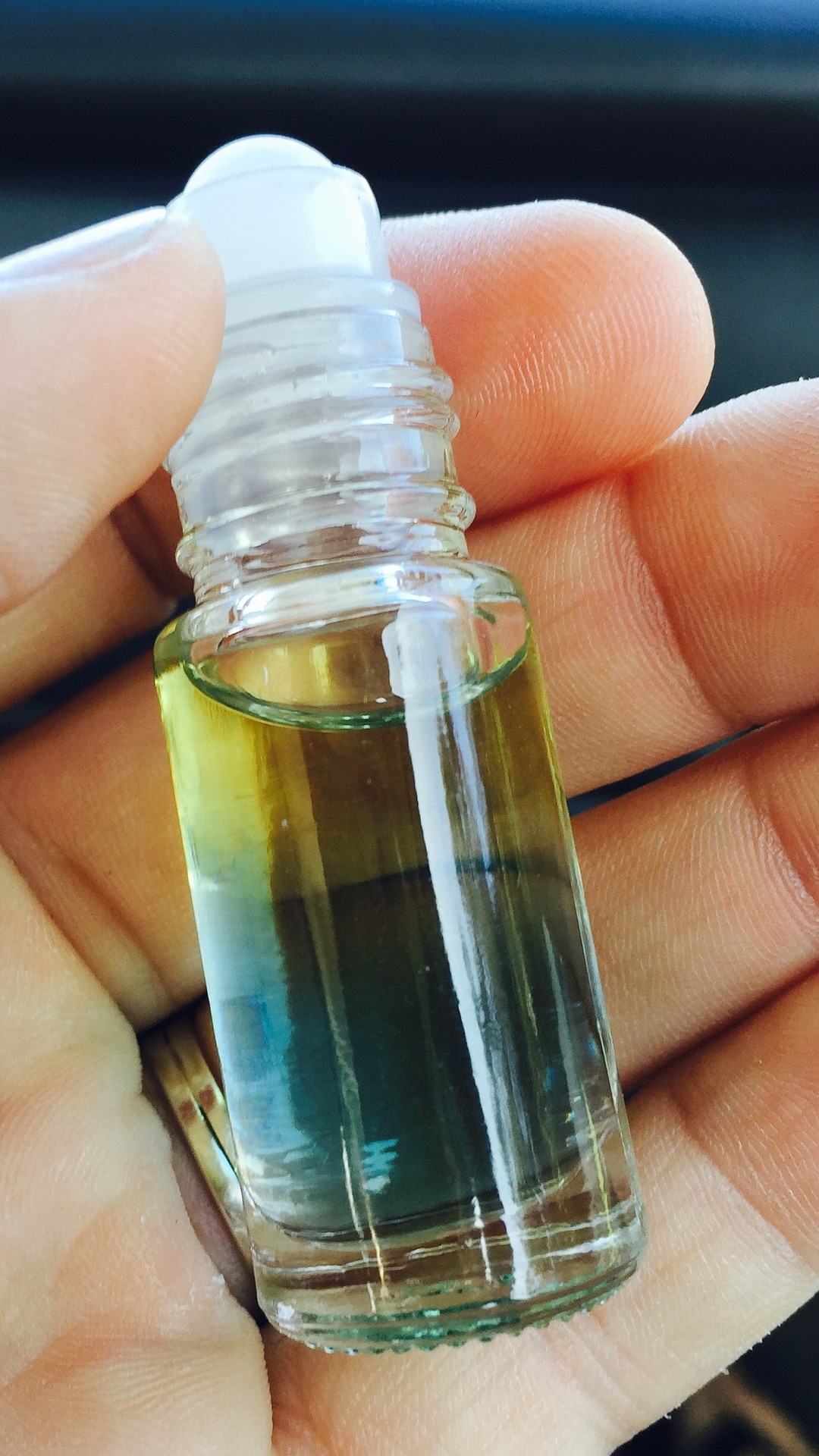Introduction: Aromatherapy and essential oils have gained popularity for their potential therapeutic benefits, but along with this popularity come various myths and misconceptions. In this article, we aim to debunk these common myths and clarify essential oil usage to help you make informed decisions about incorporating them into your wellness routine.
Myth 1: Essential Oils Are a Cure-All:
Debunked: While essential oils offer a wide range of benefits, they are not magical cure-alls. They can support wellness and alleviate certain conditions, but they should not replace medical treatments for serious health issues. Always consult a healthcare professional for serious health concerns.
Myth 2: All Essential Oils Are Safe for Ingestion:
Debunked: Not all essential oils are safe for internal use. Some oils can be toxic if ingested and using them improperly can lead to adverse effects. Consult a qualified aromatherapist or healthcare provider before ingesting essential oils, and only use oils labeled as safe for consumption.
Myth 3: Essential Oils Are Regulated Like Pharmaceuticals:
Debunked: Essential oils are not regulated by government agencies to the same extent as pharmaceuticals. Quality and purity can vary among brands. Look for reputable companies that provide third-party testing and use therapeutic-grade oils.
Myth 4: Essential Oils Are Safe for Everyone:
Debunked: Essential oils can be potent and may cause adverse reactions in some individuals, including allergies and skin irritation. Pregnant women, young children, and people with certain medical conditions should use essential oils cautiously and seek professional guidance when necessary.
Myth 5: Essential Oils Are Allergic Reactions:
Debunked: Some people may confuse skin sensitivity or irritation with an allergic reaction to essential oils. True allergies to essential oils are rare, but skin sensitivity can occur, especially with undiluted oils. Always perform a patch test and dilute oils when using them topically.
Myth 6: More Is Better:
Debunked: Using excessive amounts of essential oils can lead to adverse reactions, including skin irritation, headaches, and nausea. Follow recommended dilution guidelines and remember that a little goes a long way.
Myth 7: Essential Oils Are All the Same:
Debunked: Essential oils can vary in quality, purity, and composition. Factors like plant source, extraction methods, and storage conditions can affect the oil’s efficacy. Choose reputable brands and check for third-party testing to ensure quality.
Myth 8: Essential Oils Don’t Expire:
Debunked: Essential oils have a shelf life. Over time, their chemical composition can change, affecting their therapeutic properties. Store oils in a cool, dark place, and replace them if they become old or stale.
Myth 9: Essential Oils Can Be Used Directly on Skin:
Debunked: Most essential oils should be diluted with a carrier oil (such as coconut, almond, or jojoba) before applying them to the skin to prevent irritation.
Myth 10: Essential Oils Are a Replacement for Medical Advice:
Debunked: Essential oils can be a complementary part of a wellness routine, but they should not replace professional medical advice and treatment for serious health conditions.
Conclusion: Aromatherapy and essential oils can offer numerous benefits, but it’s crucial to separate fact from fiction. By debunking common myths and understanding the proper use and limitations of essential oils, you can safely and effectively incorporate them into your wellness practices. Always consult with a qualified aromatherapist or healthcare professional when in doubt and prioritize safety and responsible usage.
